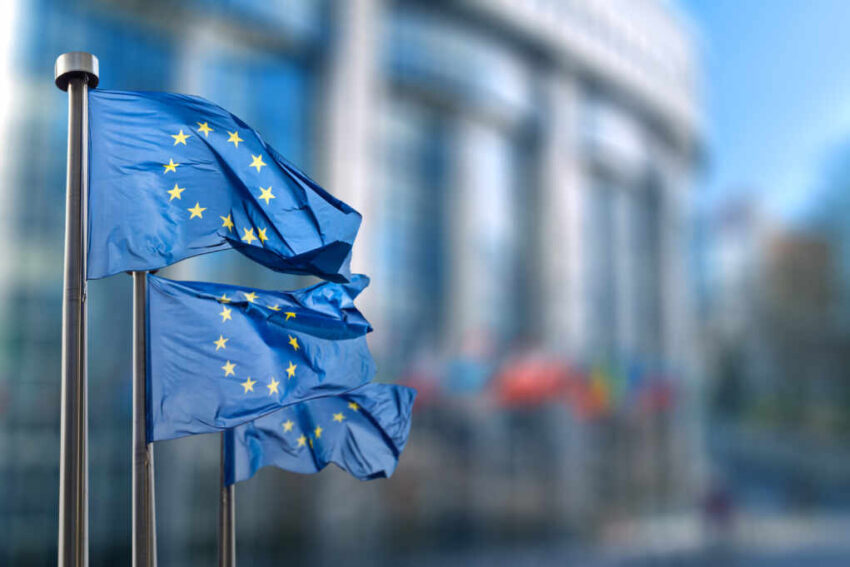Europe’s leaders at the Berlin Summit have ramped up calls for digital sovereignty, warning that dependence on U.S. technology threatens Europe’s autonomy, resilience, and security.
At a Glance
- European officials at the Berlin Summit agreed to coordinate investment in alternative tech infrastructure
- Users have increasingly swapped U.S. email, messaging, and search services for European options since the start of Trump’s second presidency
- The U.S.’s retrenchment and trade tensions under Trump have prompted Europeans to question their reliance on American platforms
- Germany’s KPMG warns that 56% of firms depend heavily on imported digital technologies, underscoring critical vulnerabilities
- New EU projects like DNS4EU and Gaia-X aim to provide native domain name resolution and federated cloud services
What Is Fueling the Surge in Sovereignty
Amid growing geopolitical uncertainty—highlighted by Trump-era trade friction and security retrenchment—Europeans are pivoting toward self-reliance in the digital realm. Reuters reports a sharp increase in the adoption of European-based email, search, and messaging services. At the Berlin Summit, officials endorsed a coordinated approach to building out alternative infrastructure across the continent.
The Scale of the Dependence Problem
Analysts say Europe’s digital sectors are alarmingly reliant on foreign tech. A KPMG survey showed that 56% of German businesses describe themselves as “highly dependent” on imported digital goods and services. This dependence spans hardware like semiconductors and software platforms, raising concerns about supply-chain fragility and strategic risk.
Europe’s Sovereignty Solutions
Brussels is not standing still. Projects unveiled in recent months include:
- DNS4EU: a public EU-run DNS resolver launched in June 2025, offering encrypted, GDPR-compliant name resolution as an alternative to U.S. providers
- Gaia-X: a Franco-German-led cloud federation framework promoting European values and control over data and interoperability
These initiatives, alongside broader efforts under the EU AI Act, GDPR, and the upcoming digital euro, aim to reshape Europe’s digital landscape around sovereignty, data protection, and resilience.
Watch a report: Europe Pushes for Digital Sovereignty Amid U.S. Tensions.
What’s Next—and What’s at Stake
Europe faces a pivotal decision: aim for true technological autonomy or accept partial dependence masked behind strong regulations. Success with DNS4EU and Gaia-X could catalyze a European digital ecosystem—integrating services, infrastructure, and standards that align with shared values. But failure may leave Europe reliant on foreign platforms and vulnerable to geopolitical shifts.
The surge in digital sovereignty isn’t just rhetoric—it reflects a realignment of Europe’s digital ambitions and a test of its ability to build a viable, independent future.
Click this link for the original source of this article.
Author: Editor
This content is courtesy of, and owned and copyrighted by, https://thecongressionalinsider.com and its author. This content is made available by use of the public RSS feed offered by the host site and is used for educational purposes only. If you are the author or represent the host site and would like this content removed now and in the future, please contact USSANews.com using the email address in the Contact page found in the website menu.








